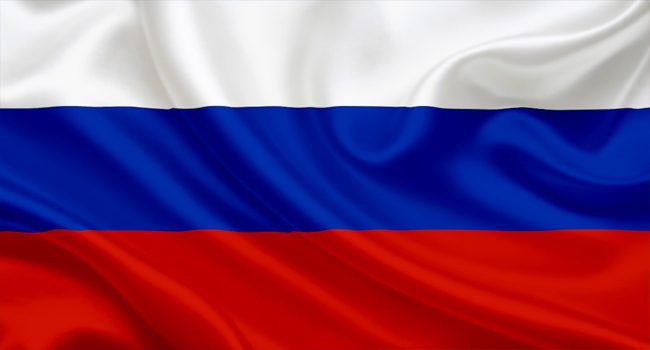Russia’s Economy Feels the Pinch as Interest Rates Soar to 21%
In a move to combat spiralling inflation, Russia’s central bank has raised interest rates to 21 per cent, the highest level in over 20 years. This significant hike is an attempt to mitigate the economic fallout of the Ukraine conflict, which has led to rapid price rises across the country.
The interest rate increase surpasses the emergency level introduced in February 2022, following Moscow’s military intervention in Ukraine. According to the central bank, further tightening of monetary policy is needed to bring inflation back to the target level and reduce inflation expectations. High government spending has been cited as a primary cause of inflation, with additional fiscal spending and expansion of the federal budget deficit in 2024 expected to have pro-inflationary effects.
Inflation has surged in recent months, with price rises reaching 8.6 per cent in September, more than double the official target of 4.0 per cent. This inflationary pressure is largely attributed to a massive increase in defence spending, which has triggered labour shortages and a subsequent rise in wages and prices.
Despite these challenges, Russia’s economy has shown resilience, with the International Monetary Fund upgrading its growth forecast for 2024 to 3.6 per cent. However, the Kremlin’s spending habits have raised concerns about the sustainability of this growth. Governor Elvira Nabiullina, a respected figure in Moscow and former Putin aide, has subtly criticised the government’s economic policies, warning that the current trajectory could undermine economic stability.
President Vladimir Putin had hoped to advance plans for alternative international payment systems at the recent BRICS summit in Kazan. However, his comments indicate that little progress has been made on this front, with Russia instead focusing on the use of national currencies to facilitate payments.
The impact of higher interest rates on cooling inflation is limited, given the significant proportion of the economy reliant on government spending related to the Ukraine conflict. As the conflict continues into its third year, Moscow’s future prosperity remains uncertain, with the country facing significant challenges in its quest to diversify its economy and reduce its dependence on Western markets.
